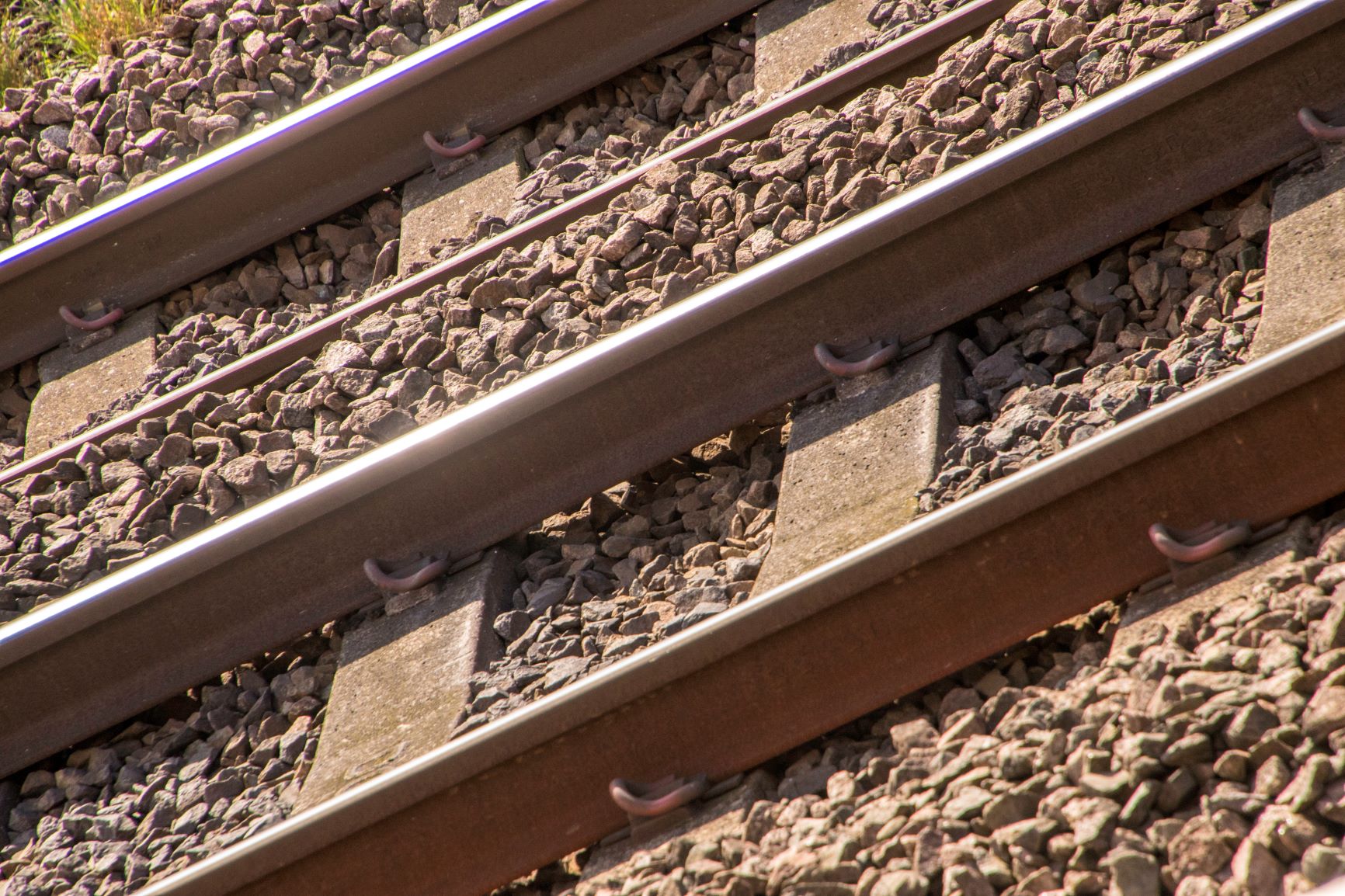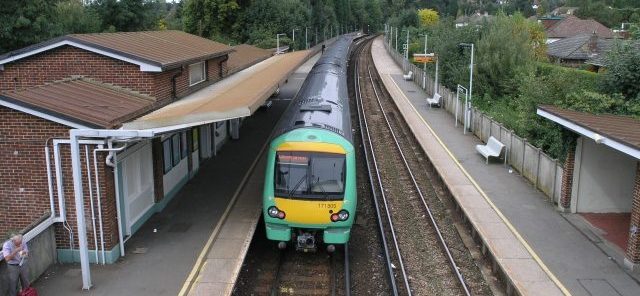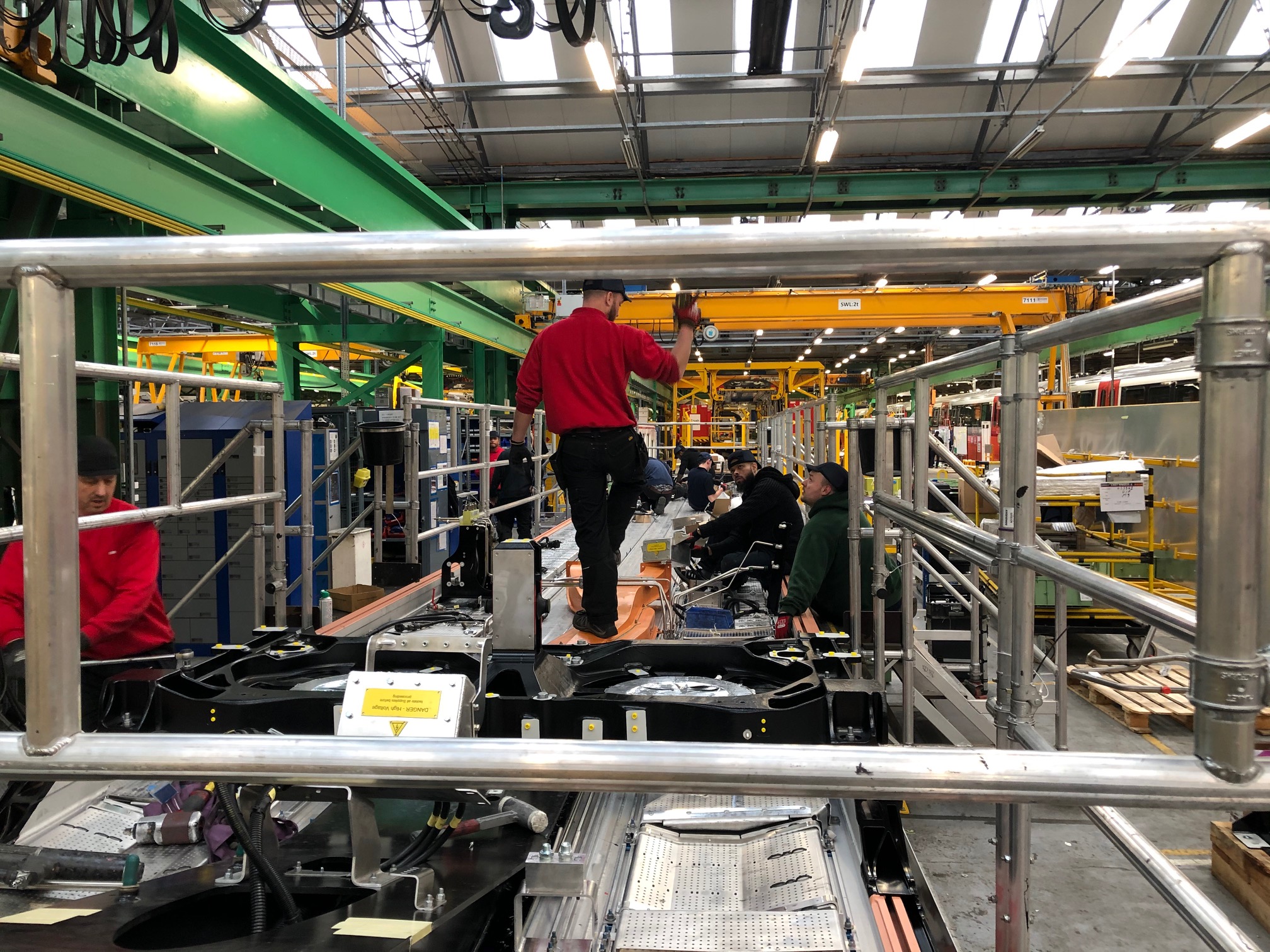‘Slap in the face’
UK workers who’ve faced a continued wages squeeze are now being doubly hit by rising costs, with regulated rail fares set to rise in January 2019 by a maximum of 3.2 per cent.
Commuters will see the increase, which could add more than ÂŁ100 to annual season ticket prices, as a slap in the face after facing a season of rail chaos on Thameslink, Southern and Great Northern trains following the introduction of a new timetable in May.
At the height of the timetable havoc, thousands of trains were cancelled or delayed each day, while problems continued for months, sparking a national uproar and renewing calls for the railways to be brought back into public ownership.
Rail fares have increased at twice the rate of wages since 2008, with fares going up by 42 per cent in the last decade compared to wages which have grown by only 18 per cent, according to a TUC analysis.
Despite the scandal, private rail companies continued to handsomely reward their shareholders – they paid out at least £165m in dividends last year, while taxpayers shelled out £3.5bn to these companies over the same time period.
‘Assault on collective bargaining’
Ahead of today’s (August 15) rail fare hike announcement, transport secretary Chris Grayling – who has faced strong criticism and calls for his resignation after the timetable chaos – wrote a letter to unions saying both fares, and staff pay, should be pegged to a lower rate of inflation.
Currently, the government uses the July RPI measure of inflation to set regulated rail fares for the following year, although there have been repeated calls by both unions and commuters to use the lower CPI inflation measure to peg rail fares.
Grayling said the CPI measure could in future be used as long as rail staff wages were pegged to this same lower measure.
“As you will be aware, one of the industry’s largest costs is pay … it is important that pay agreements also use CPI [Consumer Price Index] and not RPI in future when it comes to basing pay deals on inflation,” Grayling said in his letter to rail unions including Unite.
But unions have shot back by pointing out that wages account for only a quarter of train companies’ overall costs.
Unite regional officer Hugh Roberts noted that Grayling is being disingenuous by suggesting that rail workers always receive above-inflation pay rises.
“Rail pay deals for several years have matched at least RPI to the extent it’s the expected norm,” he explained. “But they only match the declared RPI at the anniversary of the pay review. It’s rare for them to be inflation-busting unless the RPI fluctuates downward at the date the deal is settled months later.”
Grayling pointed out that “employers have never raised this issue or attempted to reference CPI rather than RPI which tends to be 1 per cent ahead despite this being a cost they have to allow for in bidding for rail franchises.
“Often a new rail franchisee will inherit the multi-year part of a pay deal with no complaint to date.
“This as an assault on collective bargaining and unwarranted interference in pay negotiations,” Roberts argued.
Unite general secretary Len McCluskey branded today’s rail fare hike “another insult to fed up commuters with wallets running on empty.
“Chris Grayling’s efforts to shift the blame for his mess to unions and hard pressed rail workers won’t wash,” he tweeted. “His plan deserves to hit the buffers, while he’s shunted into the sidelines.”
 Like
Like Follow
Follow


